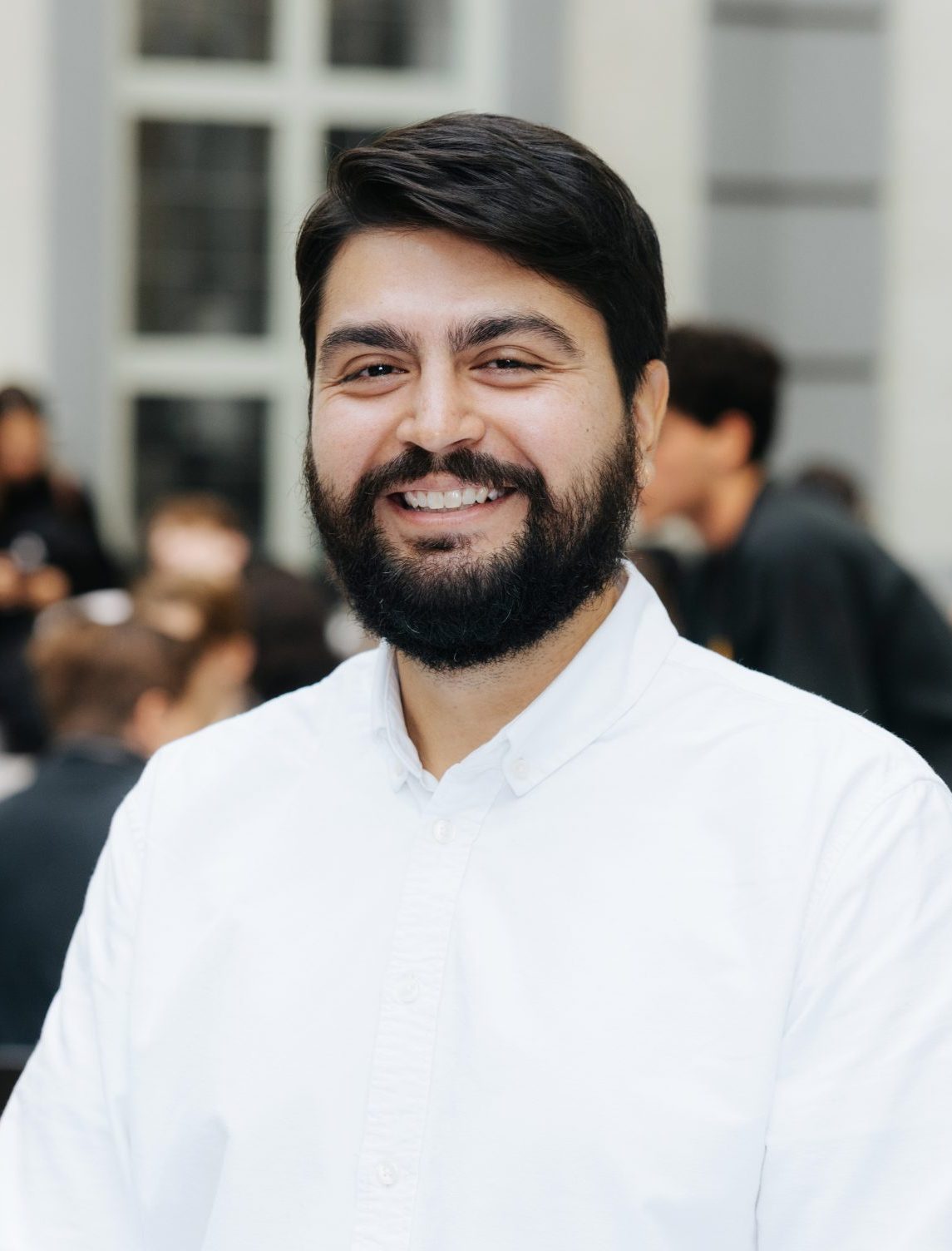Paolo Velásquez
Geography and Methods
Thematic Research Area
Group
About
I am a migration scholar with a broad social science background with a primary focus on understanding the causes and dynamics of prejudice, stigma, and integration. In my doctoral dissertation, I explored whether and how higher education reduces prejudice toward immigrants and ethnic minorities. In my postdoctoral research, I have conducted correspondence tests in the British labour market by sending identical CVs to employers, but varying applicants’ names to signal different ethnicities. I also plan to conduct a survey in Sweden among people with and without a migration background and investigate which merits are the most valued in respect to what counts as “successful integration.”
Research
During my stay at the Centre for Migration Studies, I will work on a survey exploring what Canadians believe successful immigrant integration looks like. To do this, I will use conjoint and vignette experiments, varying attributes of immigrant profiles such as country of origin, education, and language proficiency.
Publications
1) Eger, Maureen A., Mikael Hjerm, and Paolo Velásquez. (2025). “What is the liberalizing potential of higher education? An analysis of academic fields and anti-immigrant sentiment across 32 countries.” The British Journal of Sociology.
2) Eger, Maureen A., Mikael Hjerm, and Paolo Velásquez. (2024). “Unpacking the liberalizing potential of higher education: an analysis of academic majors, anti-Black prejudice, and opposition to immigration.” Ethnic and Racial Studies.
3) Velásquez, P. (2024). “Does educational attainment matter for attitudes toward immigrants in Chile? Assessing the causality and generalizability of higher education’s so‐called “liberalizing effect” on economic and cultural threat.” The British Journal of Sociology.
4) Velásquez, Paolo, Maureen A. Eger, Heide Castañeda, Christian S. Czymara, Elisabeth Ivarsflaten, Rahsaan Maxwell, Dina Okamoto, and Rima Wilkes. (2024). “Processes and Pathways of Stigmatization and De-Stigmatization over Time.” In: Migration Stigma: Understanding Prejudice, Discrimination, and Exclusion, edited by Lawrence H. Yang, Maureen A. Eger, and Bruce G. Link. Strüngmann Forum Report. MIT Press.
5) Velásquez, P. (2024) “Education and Inter-Ethnic Attitudes among Recent Immigrants in the Netherlands.” Journal of International Migration & Integration 25, 109–131.
6) Bohman, Andrea, Maureen A. Eger, Daniel Gabrielsson, and Paolo Velásquez. (2024). “Revisiting group threat theory as an explanation of anti-immigrant prejudice with insights from stigma.” In: Migration Stigma: Understanding Prejudice, Discrimination, and Exclusion, edited by Lawrence H. Yang, Maureen A. Eger, and Bruce G. Link. Strüngmann Forum Report. MIT Press.
7) Velásquez, Paolo., and Maureen A. Eger. (2022). “Does higher education have a liberalizing or inoculating effect? A panel study of anti-immigrant sentiment before, during, and after the European migration crisis.” European Sociological Review, 38(4): 605-628 8) Velásquez, P. (2022). “A Forgotten Figure: Hans L. Zetterberg at Columbia and the Transfer of Knowledge Between the United States and Sweden.” The American Sociologist, 53(3), 341-363.
